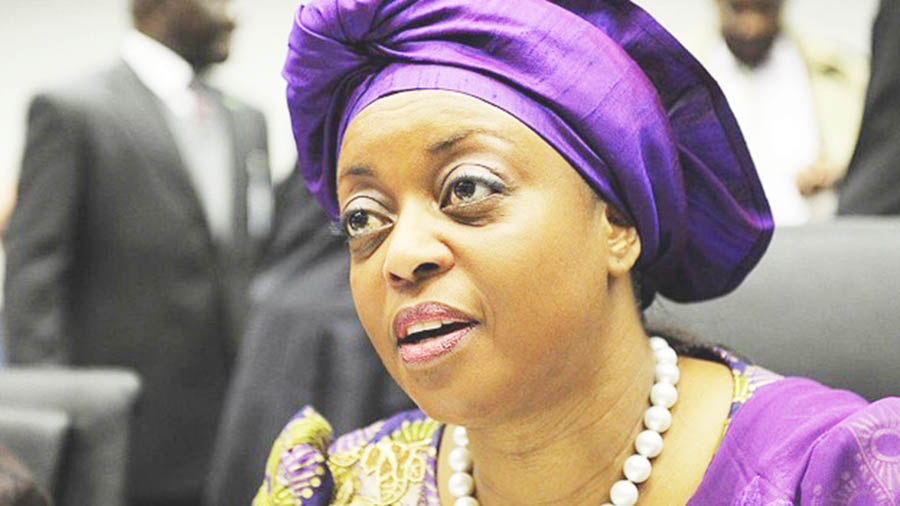LONDON, (Reuters) – A former Nigerian oil minister appeared in court in London yesterday charged with receiving bribes in the form of cash, luxury goods, flights on private jets and the use of high-end properties in Britain in return for awarding oil contracts.
Diezani Alison-Madueke was Nigeria’s minister for petroleum resources between 2010 and 2015, during the administration of former president Goodluck Jonathan. Nigeria’s anti-corruption agency welcomed the British prosecution and said she was also wanted in her home country to face charges of money-laundering.
Appearing at Westminster Magistrates Court, Alison-Madueke spoke only to give her name, date of birth and address. She was not asked to formally enter a plea, although her lawyer Mark Bowen told the court she would plead not guilty.
She is the second high-profile Nigerian politician to face prosecution in Britain in recent years, following James Ibori, a former state governor who was convicted of fraud and money-laundering in 2012 and received a 13-year jail sentence.
Nigeria is Africa’s top oil producer but it suffers from systemic corruption in the political class which has hampered development and prevented its oil wealth from benefitting wider society.
Britain, Nigeria’s former colonial ruler, has long been a destination of choice for affluent members of the Nigerian political elite seeking to enjoy the benefits of their wealth.
Alison-Madueke was arrested in London in 2015, shortly after stepping down as minister, and was charged in August with six bribery offences. She has spent the past eight years on police bail, living in St John’s Wood, an expensive area of London.
The charges against her, read out in court, all related to events alleged to have taken place in London.
Prosecutor Andy Young said she was alleged to have accepted a wide range of advantages in cash and in kind from people who wanted to receive or continue to receive the award of oil contracts which he said were worth billions of dollars in total.
The advantages included a delivery of 100,000 pounds ($121,620) in cash, the payment of private school fees for her son, and the use and refurbishment of several luxurious properties in London and in the English countryside.
They also included the use of a Range Rover car, payment of bills for chauffeur-driven cars, furniture, and purchases from the upmarket London department store Harrods and from Vincenzo Caffarella, which sells Italian decorative arts and antiques.
District Judge Michael Snow granted Alison-Madueke bail but imposed terms including an 11 p.m. to 6 a.m. curfew, an electronic tag to be worn at all times and a 70,000-pound surety to be paid before she could leave the court building.
Her next court appearance will be at Southwark Crown Court, which deals with serious criminal cases, on Oct. 30.
Nigeria’s Economic and Financial Crimes Commission (EFCC) said it had obtained an arrest warrant for Alison-Madueke and initiated extradition proceedings. “She will soon have her day in our courts,” it said in a statement.
Britain’s Crown Prosecution Service and National Crime Agency did not immediately respond to requests for comment on the EFCC statement and on how any extradition request would affect the criminal case in London.






